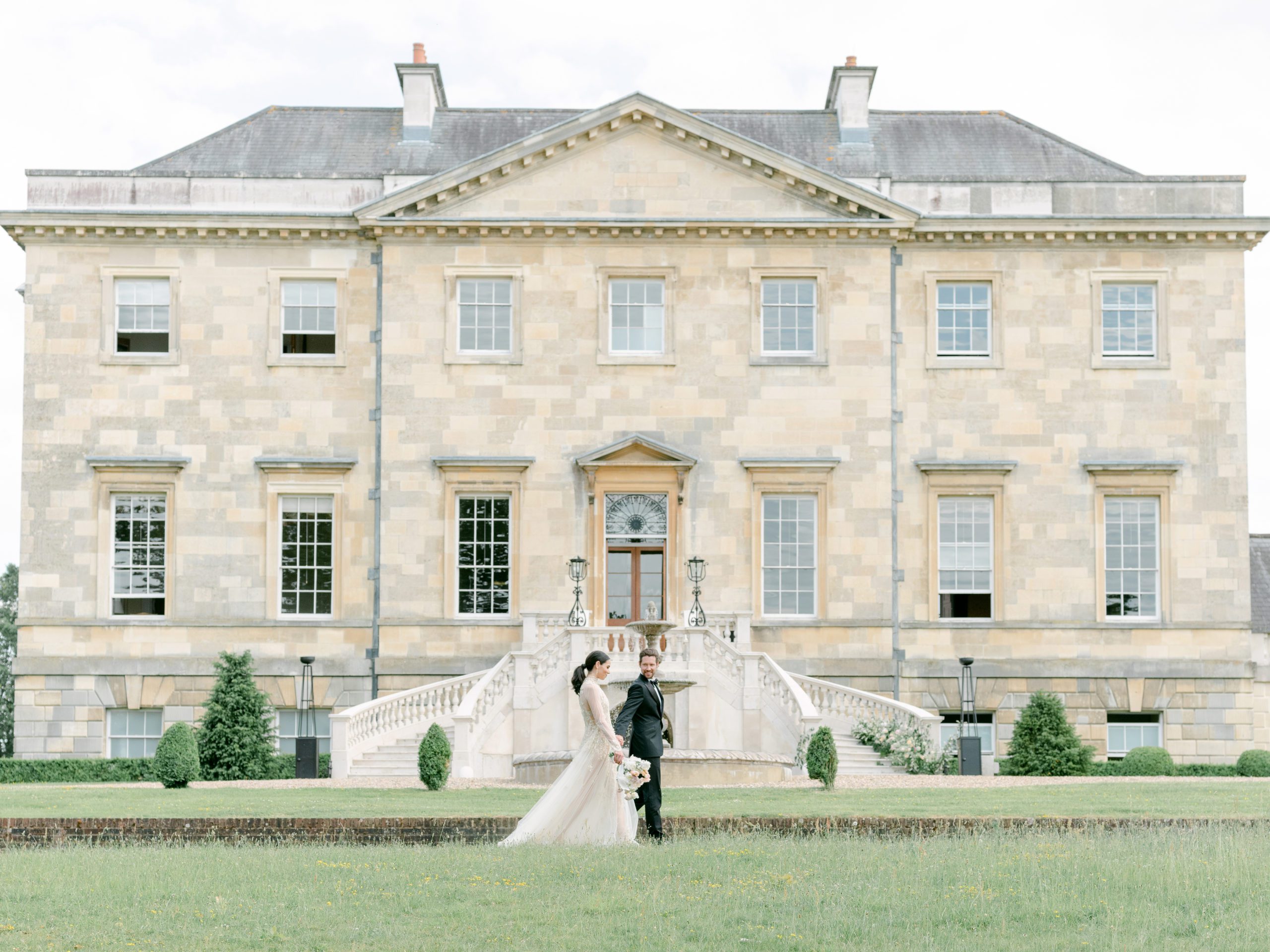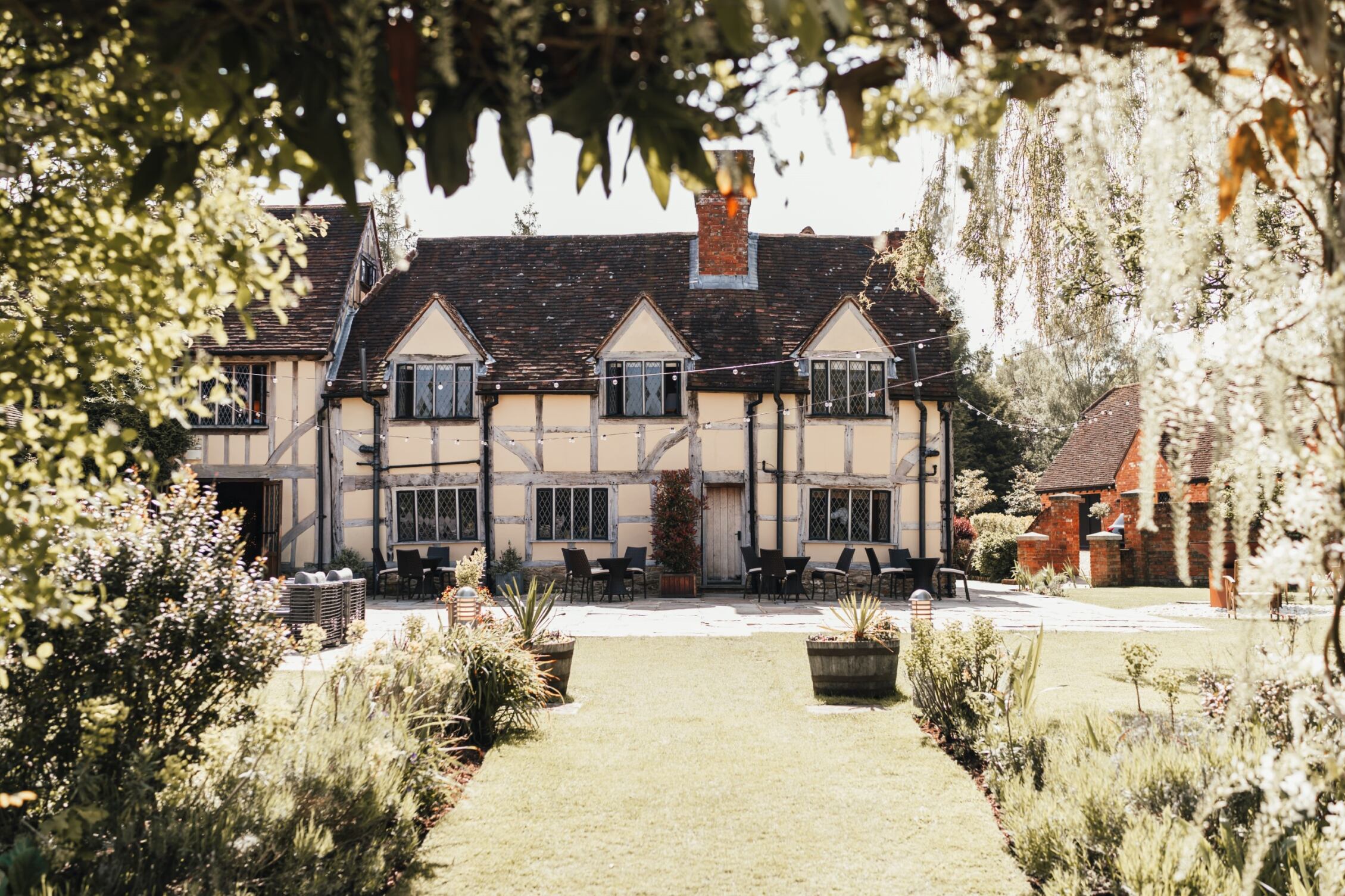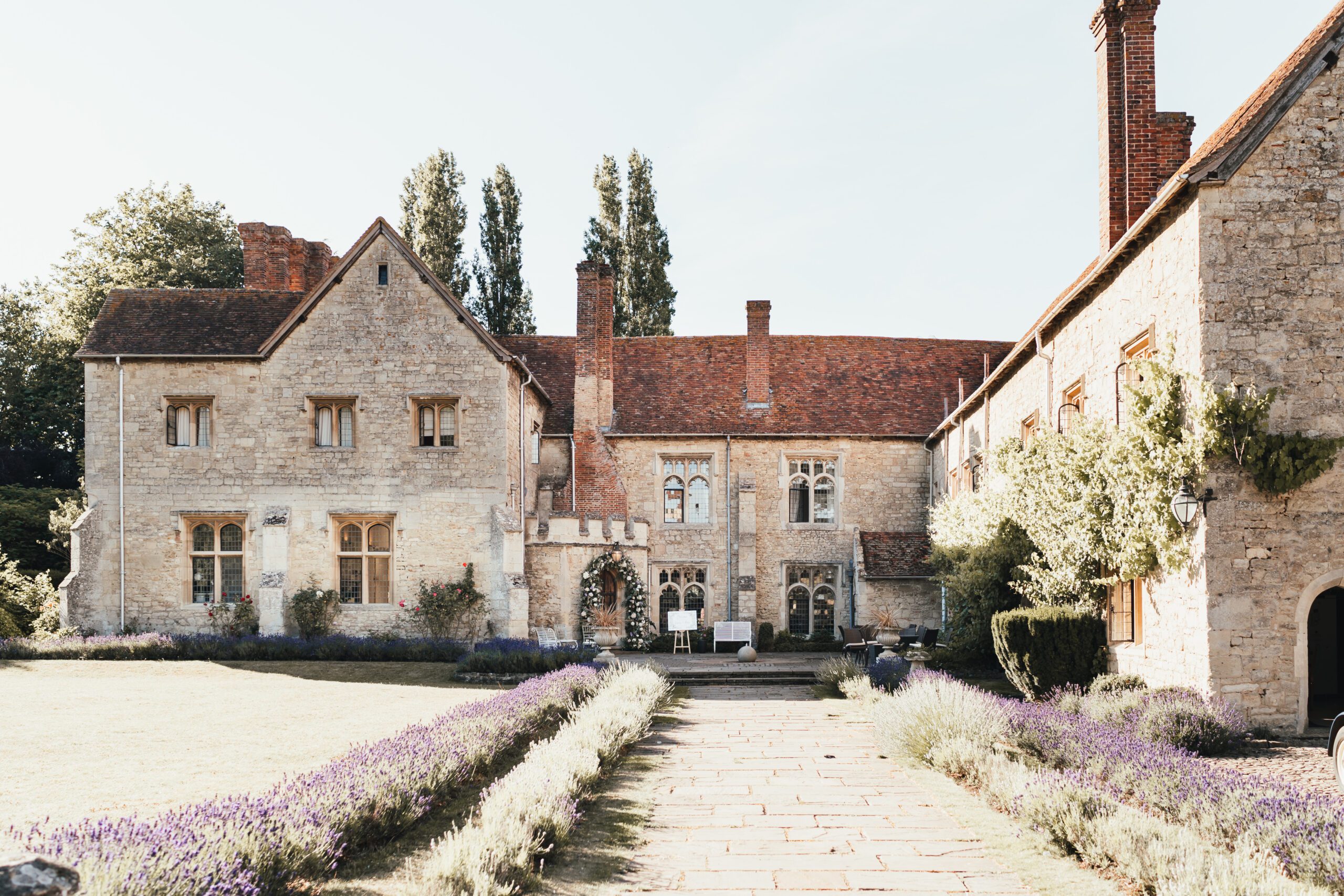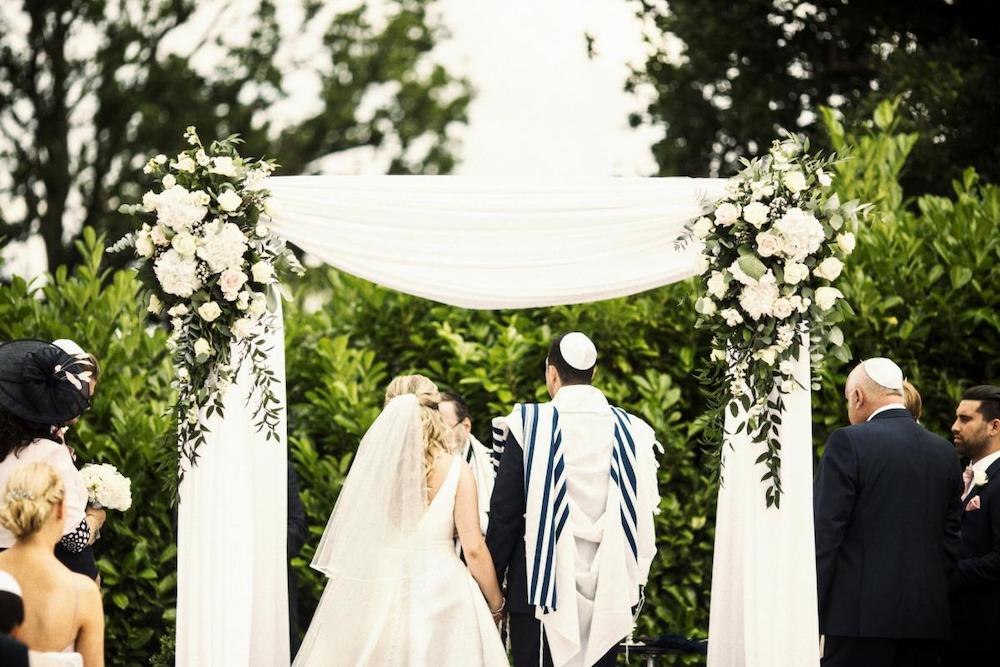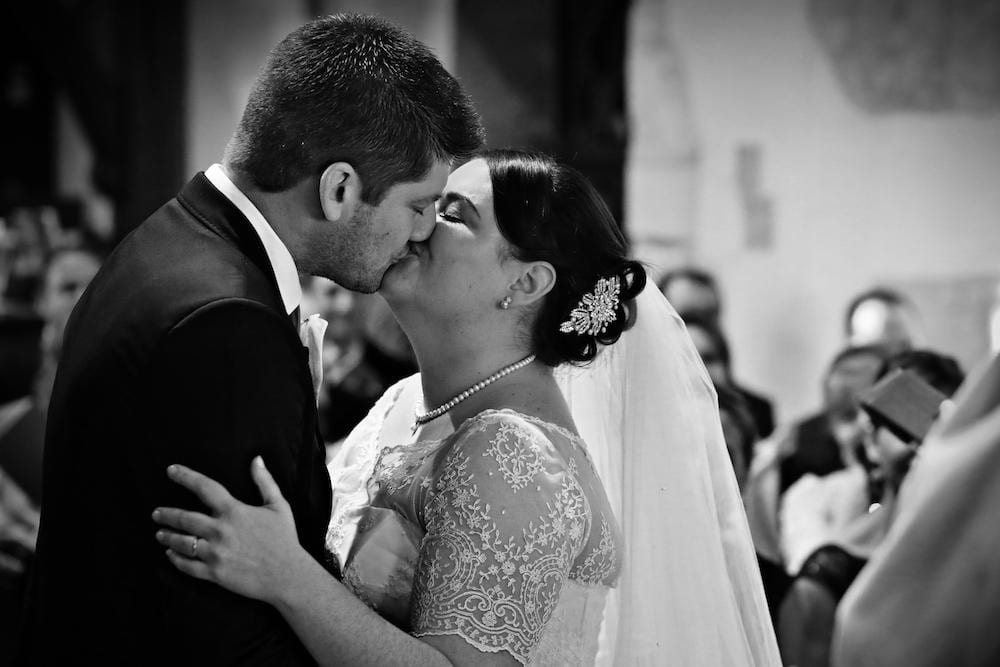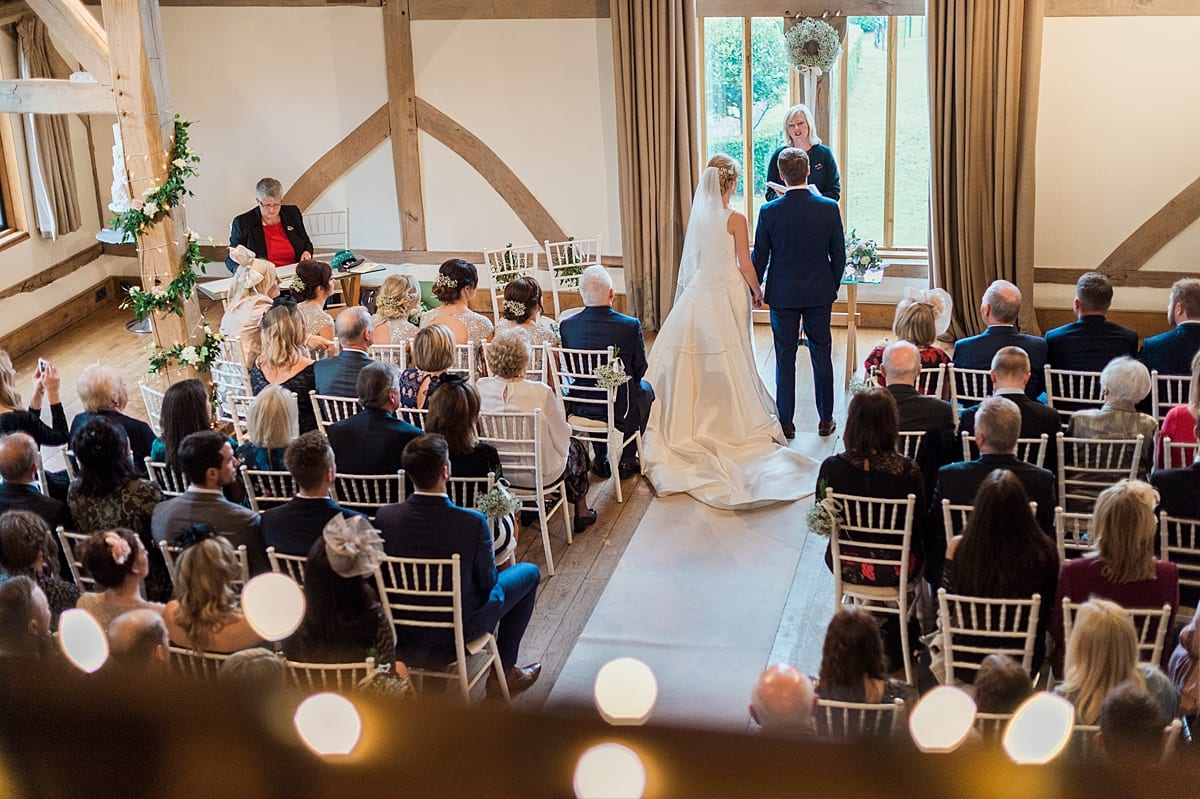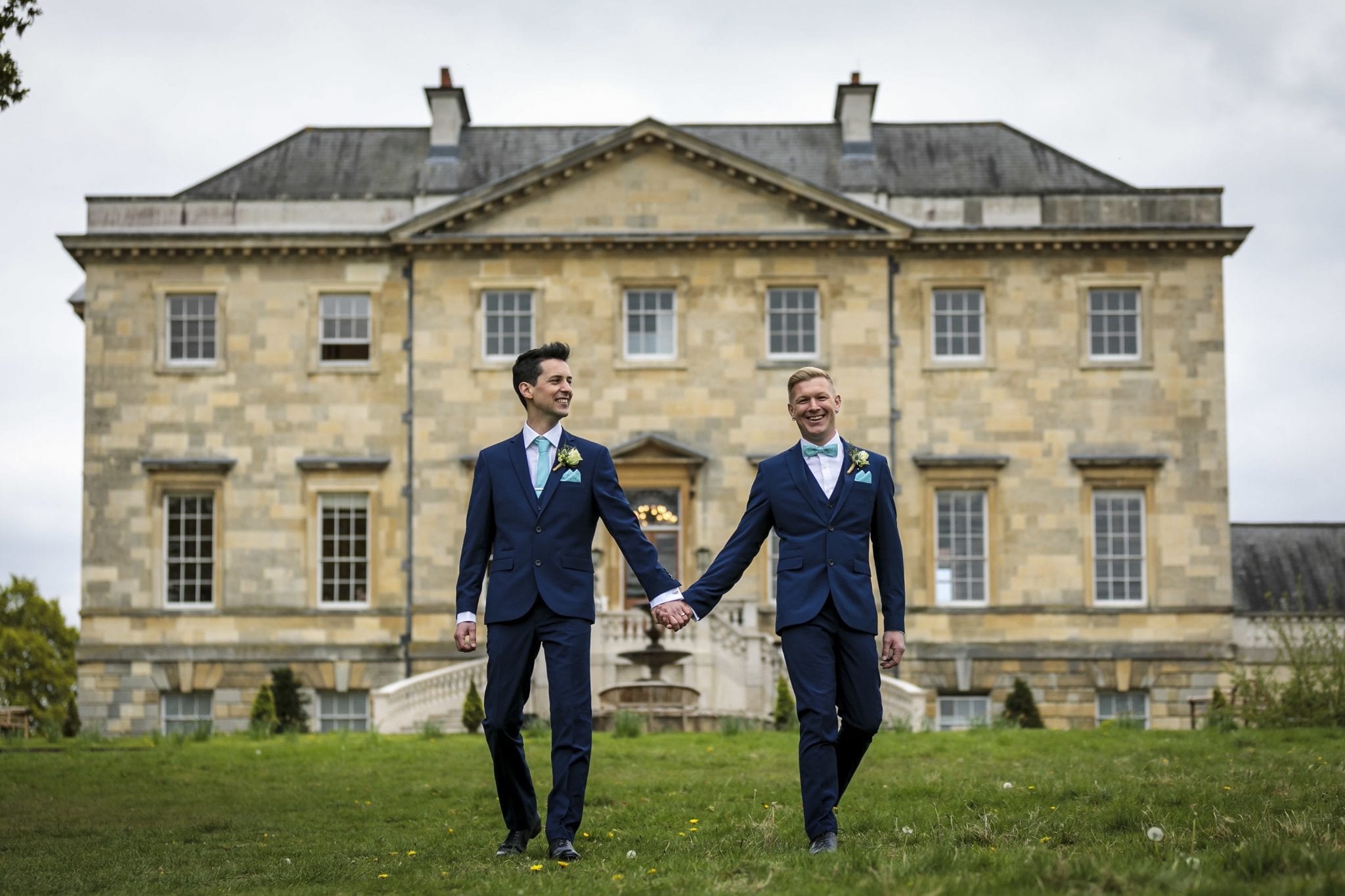Church of England
In recent years it has become far more flexible for couples wishing to marry outside of their Parish church. You may have to attend a number of Sunday services beforehand if you, your parents or your grandparents do not have any particular connection with the church you’re intending to marry in. Most marriages will require banns to be called for three consecutive Sundays immediately before your wedding, signifying your intention to marry. If there isn’t enough time for this, you can obtain a common license, which you may also need if one of you isn’t British or lives outside England.
Church of Scotland
There is no residential requirement for marriages taking place in Scotland but notice of marriage must be given at least 15 days prior, at the office of the Superintendent Registrar in whose district the marriage is to take place. Unlike the Church of England or Wales, Church of Scotland and Scottish law allow couples to be married anywhere, religious or not, providing the ceremony is conducted by a minister, clergyman, pastor or priest.
A Roman Catholic wedding ceremony
At least one of you will need to provide proof of your baptism and confirmation certificates to wed in a Catholic church. These will need to be presented to the priest at least 6 months beforehand and you will need to attend marriage preparation talks and Mass for 6 weeks before your wedding day. Unlike the Anglican Church, couples planning to be married in the Roman Catholic Church will need to give notice and obtain a marriage license from the Civil Authorities.
Jewish weddings
A Jewish wedding fulfills a religious and civil purpose but you’ll need one application for both your local register office and for the local authorities. The marriage can be performed in any building and at any time of day but cannot take place on a Saturday (the Sabbath).
